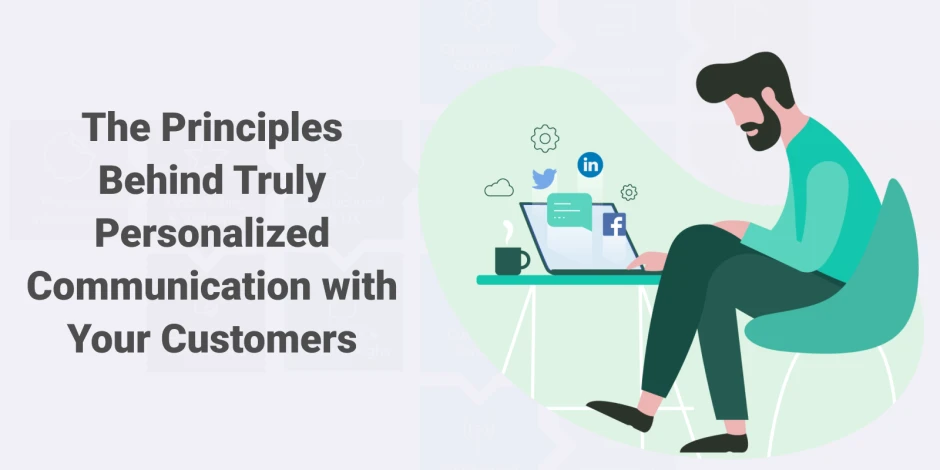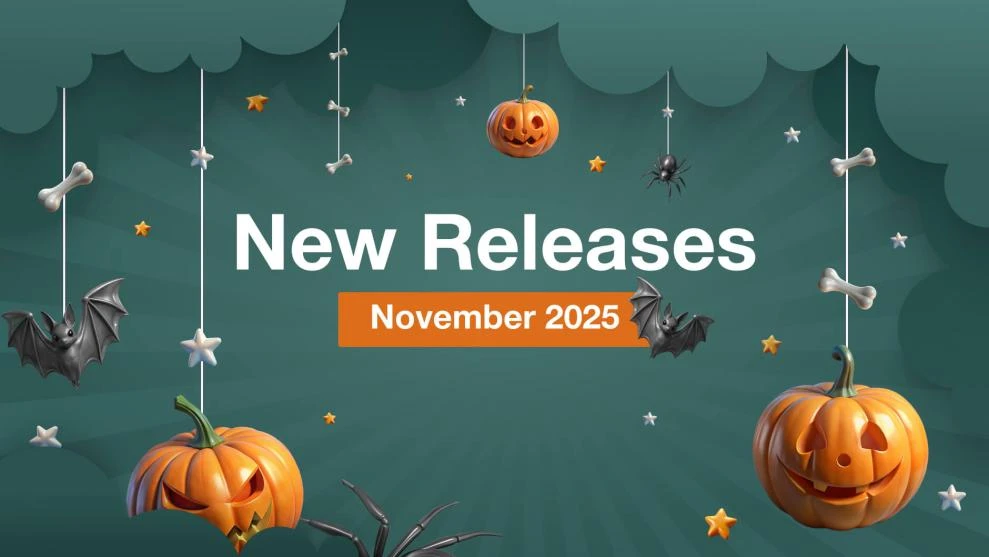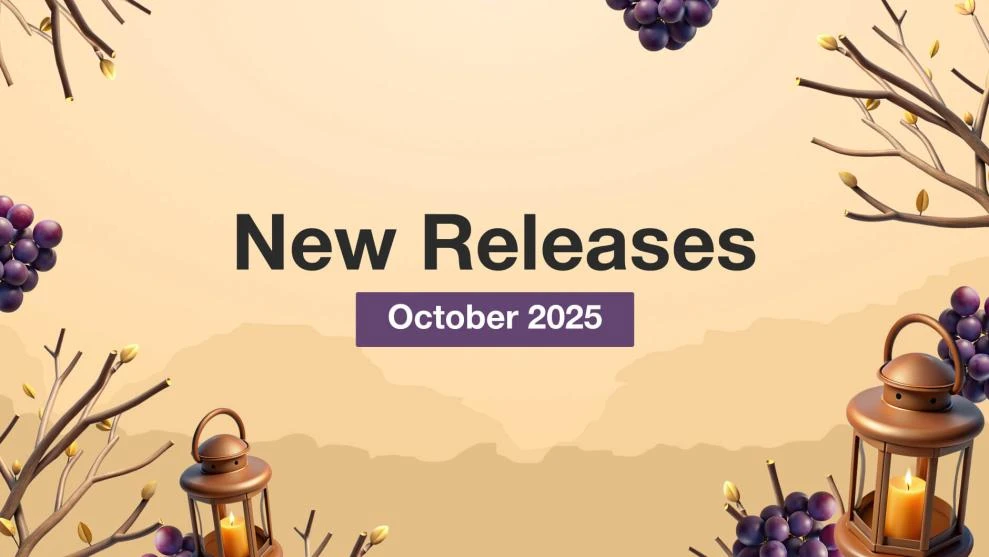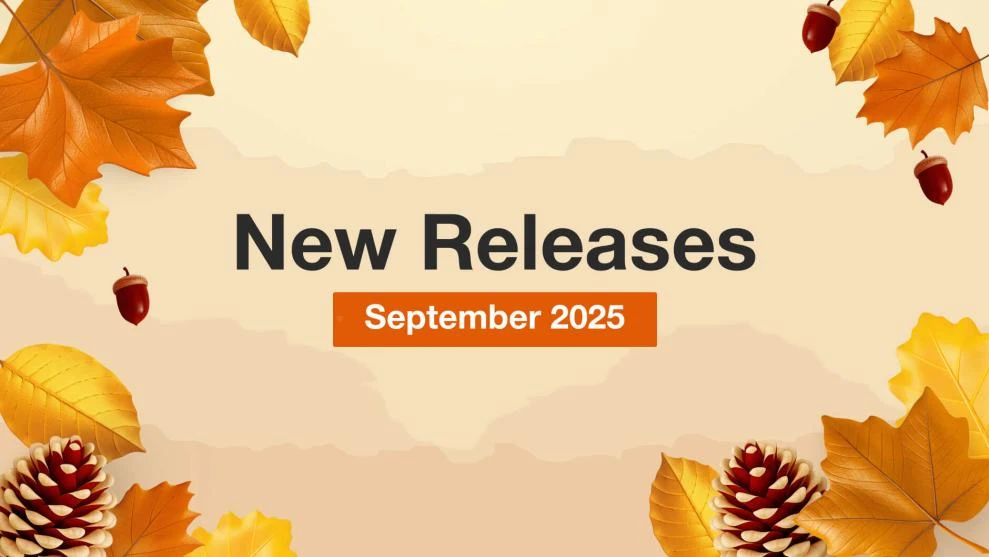How Personalized Communications Improve Customer Relationships
-
 Ivan Leontiev
Ivan Leontiev
- e-Commerce Tips
- 14 min read
There's no doubt that personalized communication is an excellent business tool. However, establishing it is not as easy as adding variables to your messages.
I recently got an SMS from my phone carrier. It started with “Great news for +380xxxxxxxxx!” and urged me to subscribe to a raffle. Supposedly, this message was personalized. However, it was more annoying than engaging: the phone number had nothing to do with actual me.
What would've made that message truly personalized? I pondered this question and reached the following findings:
- Personalized Communication with MUSE
- MUSE’s Business Value
- Meaning
- Uniqueness
- Spontaneity
- Earnestness
- MUSE Personalization in Practice
Personalized Communication with MUSE
Personalized communication means:
- Talking like you'd talk to a person, not a robot.
- Acting like a person, not a robot.
These tactics resonate with the vast majority of customers. However, businesses often forget the deeper meaning of the word "personalized" when it comes to connecting with customers. These days, when someone refers to a personalized approach to communication, what they usually mean is “using as much customer data as possible.”
There is some logic behind the shift. Returning customers in real life are quite pleased when staff members remember who they are and what they like. However, you can’t translate what works offline directly online because computers and the Internet aren't empty spaces. They change the way the communication works.
People have to make an effort to remember something about particular customers and recognize them later. This is what makes these interactions offline so special.
There’s no effort required in keeping up with personalized customer information online when you've got a CRM system. You just take the information from your database and replace the variables in a template with it. You don't even need to hear customers explain their preferences since they have submitted it themselves as data.
This makes the entire process little more than an elaborate programming exercise. There's no doubt that automation is important. However, automated solutions by themselves won't cut it if your goal is to created effective personalized communication.
Since data and personalization aren't one and the same, I needed to figure out the original meaning of personalized communication, which led me to analyzing what exactly constitutes a person. I'll keep the results simple: it's not just a collection of data. Instead, it represents an individual who is:
- Meaningful
- Unique
- Spontaneous
- Earnest
Or MUSE, if you enjoy backronyms. If you want to treat a customer like an actual person, you have to make sure your communication strategy follows these principles.
MUSE’s Business Value
You may be asking yourself: “It's great that the customers will like how I talk to them, but how will that benefit my business”? Fostering a truly personalized approach has three key benefits.

You’ll become a major trendsetter. I'm not just talking about feeling like a pioneer, I'm also talking about the way you compete. You know better than me how fierce the competition in ecommerce is nowadays. The current push for moving online isn’t going to make it any easier.
With the online shopping world becoming more and more crowded, the standard - impersonal - marketing tactics are going to diminish their returns. On top of that, the more customers continue to get accustomed to e-commerce marketing strategies, the less will they let themselves get hooked by them.
What’s the best way to compete in such an environment? The answer is very simple: go for a completely different angle that hardly anyone has used yet. You may not be able to perfectly optimize it, but you won’t need to. You’ll have far fewer competitors to worry about by taking this approach.
A truly personalized communications angle is sure to make your online store stand out. This will inspire curiosity, and attract more customers.

A personalized approach is a strategy for sustainable growth because it aims for quality, not quantity. Sustainable growth doesn't apply to the ecological sphere alone. It’s vital for businesses too, especially if yours is small or medium-sized.
Chances are, you'd love to expand your business and become the next Alibaba or Amazon. However, not everyone is cut out for that, and the external factors (capital, market size, let's admit it - personal connections) aren’t going to be as helpful for you.
Your business is far more likely to fill a reasonably-sized niche instead. You won’t be able to attract an infinite number of new customers, nor should you try. Not only that, keeping your existing clients is much cheaper than looking for new ones.
For all intents and purposes, a truly personalized approach is what loyalty programs are supposed to imitate. However, it's not just gamification and psychological tricks. It's more genuine, and is excellent for retention. Standard loyalty programs already work really well-- this approach will work even better.
It’ll be more fun for you because you won’t have to put on a fake persona and suppress your true self. Everyone can spot a fake—it's more obvious than you think. It'll greatly help your own wellbeing, but as important as that is, there's more to doing something interesting than that.
“Following your passions” isn’t just a buzzword. People can tell if you're passionate about something, and that will drive the economy in the future. You’ll have to adapt to this principle early in order to survive - and to succeed.
Adam Davidson’s excellent The Passion Economy: The New Rules for Striving in the Twenty-First Century thoroughly explains the concept if you're interested.
That said, true personalization isn’t merely a component of one of those “five easy tricks every online store should implement” listicles. It’s a strategic investment which will definitely take more time and effort to bring tangible benefits than funnel optimization or even a long-term SEO strategy.
Its results are going to be very hard to measure at first, too. This is to be expected since you can’t completely reduce quality to quantity. I'd compare MUSE to content marketing in that regard, since it's also quality-centered.
Meaning
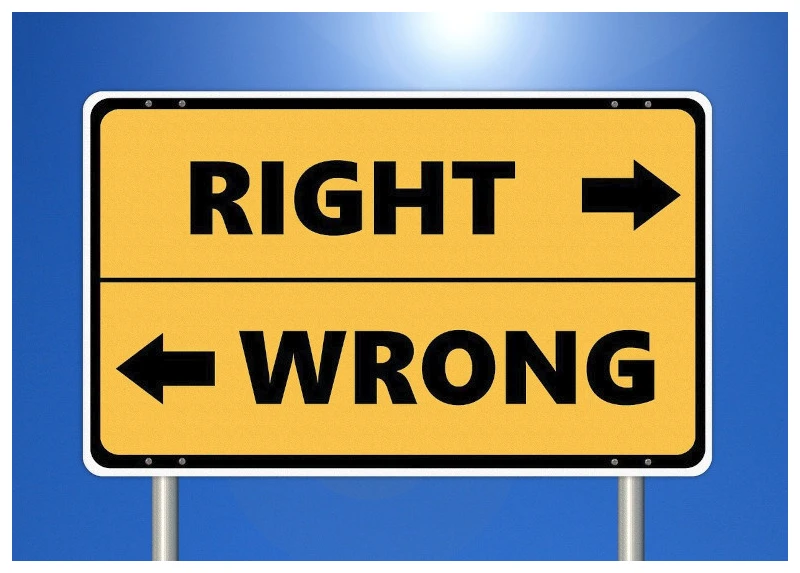
Meaning feels like too broad of a word but it's not actually as vague as it seems. Something is meaningful when it’s connected with ideals and values. However, you can't pull these values randomly out of a hat: you have to actually believe in them.
As such, you shouldn't communicate something your target audience finds meaningful. Instead, you should make sure your business is meaningful unto itself, and your messages reflect your business's values. Customers who share these ideals will find your store so long as you advertise it properly. "If you build it, they will come".
It may sound complicated, but there's one nice thing about values. While you can't assign them randomly, you can “add” them to your online store retroactively. It's unlikely that you'll need any overhauls, too! Just think about what drives you as a person. You've already shaped your online store according to your ideals.
You shouldn’t be too direct when describing your ideals. Context weighs more heavily than explicit statements. For instance, selling vegan goods exclusively already implies you disapprove of eating anything of animal origin. You don’t have to proclaim your love for animals on your store’s Facebook page daily.
Your cause also has to be similar in scale to your business, or else it’ll be a platitude. If your store is small, don’t claim your business helps everyone discover their true selves, like so many clothing stores do. Focus on more specific values, on smaller aspects of a broader picture. Connect to a specific time or place. It’s similar to going for a long tail.
Never exaggerate. If you’re selling fishing lures, don’t proclaim your passion for them at every corner. Your customers know that no sane person can love fishing lures that much. Your fake persona will be obvious, rendering your quest for meaning meaningless.
If your business is commonplace, concentrating on the quality should be enough in most cases. Quality is meaningful because it's also connected to values and ideals.
Don't hesitate to show off that quality, though. If you don't have any industry awards or impressive numbers to display yet, you can tell the customers more about your staff's personality and how it benefits the quality. You can also elaborate on how your products are made.
Uniqueness

At first glance, online stores excel at providing a unique customer experience. Magento can show content to select customer groups, and Amazon’s “frequently bought together” product galleries were a huge factor in establishing its dominance. There’s nothing wrong with your average online store’s uniqueness, then… or is there?
Just like “personalization,” this type of “uniqueness” has distinctly moved away from the word’s original meaning. “Unique treatment” used to mean special treatment of everyone. It also included accommodating each customer’s particular needs, no matter how unorthodox they may be.
These days, “uniqueness” entails presenting customer groups with an array of options that clearly benefit you (or else you wouldn’t have presented them) or setting up advanced targeting.
Thankfully, it’s still possible to treat your customers uniquely according to the original sense. As far as ecommerce personalization is concerned, customers have two most frequent unique needs. They may want to contact you directly to ask about your online store and your products, and they may want to negotiate a better price.
When it comes to how best to contact you, the less automation and more direct the channel is, the better. People may suspect you of using canned replies when communicating via email. Back-and-forth emails also tend to take too long to get to the point. Chat has to be automated in order to work well so it may contradict uniqueness.
As such, supplying customers with the option of calling you without meeting an automated selector (or at least with a way to easily access a real person) is preferable. That said, allowing customers to schedule an online meeting with your staff will offer them the most unique treatment possible, and so would be advantageous to look into.
When it comes to pricing, you can add flexibility with one-off coupons. They're easy to create in Magento.
You can also focus on tying your promotions to individuals instead of groups. For example, how about using birthday promotions more actively instead of targeting people who are more likely to be interested in consumer electronics for Cyber Monday?
Spontaneity
Spontaneous is something unexpected and unconventional. It's also uncertain which may hinder your planning. As such, you might be tempted to minimize spontaneous factors in your online store. You shouldn’t give into this temptation, however, as you just have to approach these factors intelligently.
You do have to plan your business in an organized manner going forward, but that doesn’t mean you can’t complement it with unexpected actions. For instance, some of your promotions can be spontaneous. How about creating a random drawing without informing the customers and then sending coupons to the winners?
Besides that, why not offer a discount to a person just because you genuinely like them? Free yourself from rigid policies, be slightly more impulsive. People enjoy the occasional surprise, and it will help you enhance your customer relations.
Being unconventional is a popular customer communication strategy, but anything unconventional is likely to become a new convention. If you’d like to witness that for yourself, just go on Twitter. You can easily see how many official brand pages are trying (and failing) to be as funny and down-to-earth as possible.
Company press releases used to be notoriously dull, so a different kind of behavior on social media felt truly spontaneous. However, it’s actually the other way around now: a company account acting like your best buddy is more likely to make you long for personal space than to impress you in any way.
As such, if you’d like to be unconventional on social media, these days one of the best options is being… conventional. That doesn’t mean you have to be boring. However, being polite while leaving people some space to think will certainly be much appreciated.
Earnestness
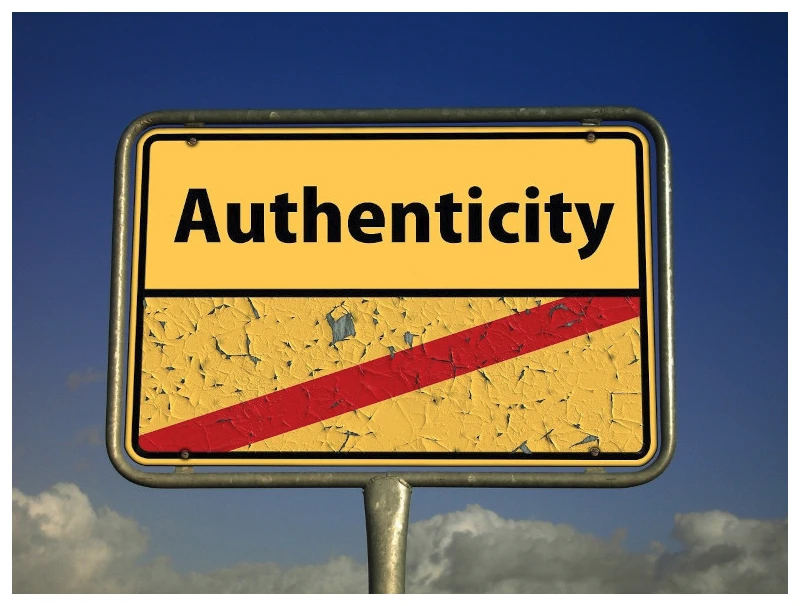
You have to be sincere, there’s no way around it. The main challenge here is avoiding surrogates.
Products with a greeting card inside the box are one of the most common surrogate personalization examples these days. The card's often signed, too. However, that card - and the signature on it - are printed and mass produced.
The idea behind a greeting card, especially a signed one, is that the business owner has personally overseen each order. They care about their products so much that they’re willing to take time to do a seemingly pointless task: write and sign a greeting card. The scribbles themselves don’t matter.
Another example is sending a marketing email from an address with a real person’s name. There's no doubt that Paul from The Company sent all these ten thousands emails himself. It wasn’t the Mailchimp scheduler at all.
The point of being earnest is showing your actual self instead of the promotional materials. If you’d like to send a truly personalized message, sign (or even write!) each card by hand.
If you’d like to send a personalize message, how about using your actual email, the one with the numbers and misspellings you purposefully added in order to claim a free Gmail username? You may not be able to send mass marketing messages from it, but individual messages will show that you truly care about your customers.
Last but not least, business communication language is usually very impersonal. Even if someone like the SMM team empathizes with users, their interactions are always guided by a script, which makes them come off as insincere.
The problem is with the fact that this script exists, not with the way it’s worded. If you have a support team, let them go off the script (without getting rude, of course) every once in a while.
MUSE Personalization in Practice
This is a theoretical exercise, by and large. On top of that, you can't effectively measure something that can't be reduced to quantity, so there's not a lot of data I can supply. That said, if a theory doesn't have any logical or factual contradictions and it starts from the correct foundation, that's an area where it'll yield the promised benefits.
The niche where MUSE can shine the brightest are small and medium-sized businesses. They don't have to deal with automation and scaling very much. That is, they don't have to sacrifice quality for quantity, and MUSE is quality-centered.
Mirasvit is in a similar position, and my findings apply to its core principles, too. MUSE was a great help in establishing the company on the Magento extension market:
- Meaningful. As I mentioned earlier, sometimes just caring about quality and telling others about it is good enough. You can check our extension reviews - we're proud of them. We also go the extra mile with customer support. The live feedback we display at the bottom of most pages reflects our service quality.
- Unique. Anyone can schedule a live demo with us before purchasing an extension. This is about as unique as customer communication can get.
- Spontaneous. I'll admit that we haven't utilized spontaneity much in our business strategy, so this is unexplored territory. That said, who knows what the future's going to bring.
- Earnest. Live support feedback and the extension reviews are proof of our earnestness, too. We display the real numbers.
Conclusion
To sum it up, you have to go the extra mile in order to make your online store truly personalized. Simply sending your customers’ data back to them is not enough because data and personalization aren't the same.
You have to make sure you’re communicating with them in a meaningful, unique, spontaneous and earnest way. You can shorten that to MUSE to make that easier to remember. This approach has several benefits besides increased customer satisfaction:
- It lets you compete easier.
- It’s an opportunity for sustainable growth.
- It’ll make your job more interesting.
- It'll help you adapt to the passion economy trend.
That said, it’s a strategic investment, so you should be prepared for the long haul if you intend to follow this route.
Here are the general guidelines that should fit most online stores:
- You have to make sure your store has values and ideals in order to make it meaningful.
- You should target individuals instead of groups and accommodate customers’ special requests for your customer communication to be unique.
- You should incorporate some random surprises for customers into your business strategy and make sure your tone of communication feels fresh in order to add spontaneity to your online store.
- Last but not least, you have to be sincere.
MUSE should benefit small and medium-sized businesses the most. It's a quality-centered approach, and these stores don't have to sacrifice quality for quantity. In fact, Mirasvit also utilizes the elements of MUSE, which have ultimately helped us secure our niche.

